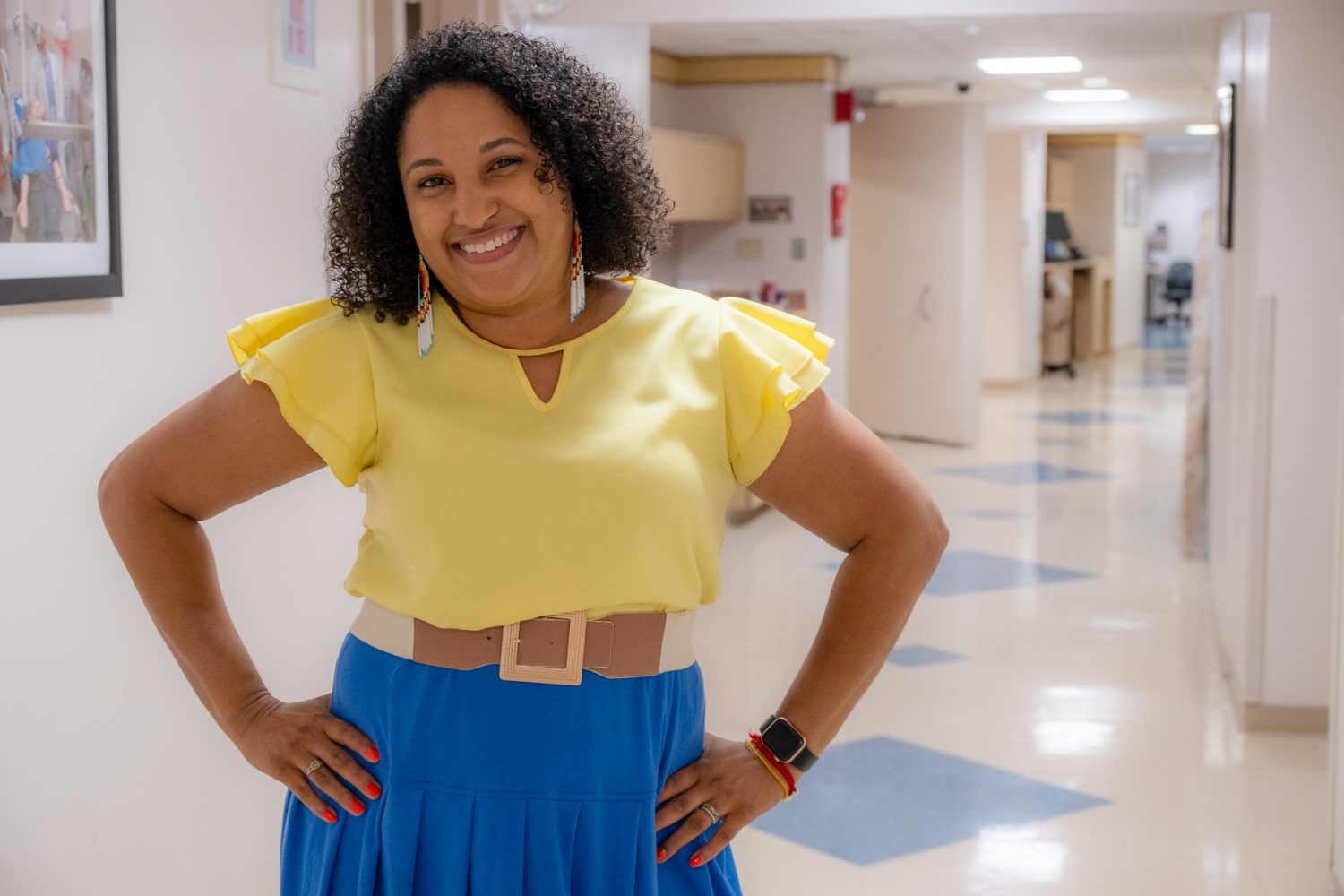School of Dental Medicine researchers Drs. Art Hand and Maija Mednieks have been awarded a NASA grant to study the effects of zero gravity on hormone action. Their previous work on both U.S. and Russian missions has shown that under zero gravity conditions (ØG) a protein that is regulated by catecholamine hormone action (‘fight-or-flight’ hormones) and associated with stress responses is significantly altered when secreted into oral fluid.

The experiments, conducted using mice flown on the extended 15-day shuttle Discovery STS-131 mission, were designed to enlarge the scope of secretory protein effects, including analyzing proteins that serve as biomarkers for a variety of physiologic functions. The goal is to determine whether travel in space alters the ability to respond to environmental stress and whether that can be measured in an easily obtainable biofluid, in this case saliva. Ultimately the goal is to apply these findings to measure the reactions of astronauts, and eventually to devise a clinical test for related disorders on earth.
Discovery lifted off from Kennedy Space Center on April 5, 2010, and Mednieks was there for the launch. The shuttle made a perfect landing on April 20, and both Hand and Mednieks spent several busy days collecting samples for shipment to the UConn Health Center, where they are currently being analyzed. The STS-131 is one of the last U.S. shuttle missions to carry a biology payload, so the experiments represent a rare opportunity to gather data on the biological effects of space flight.


